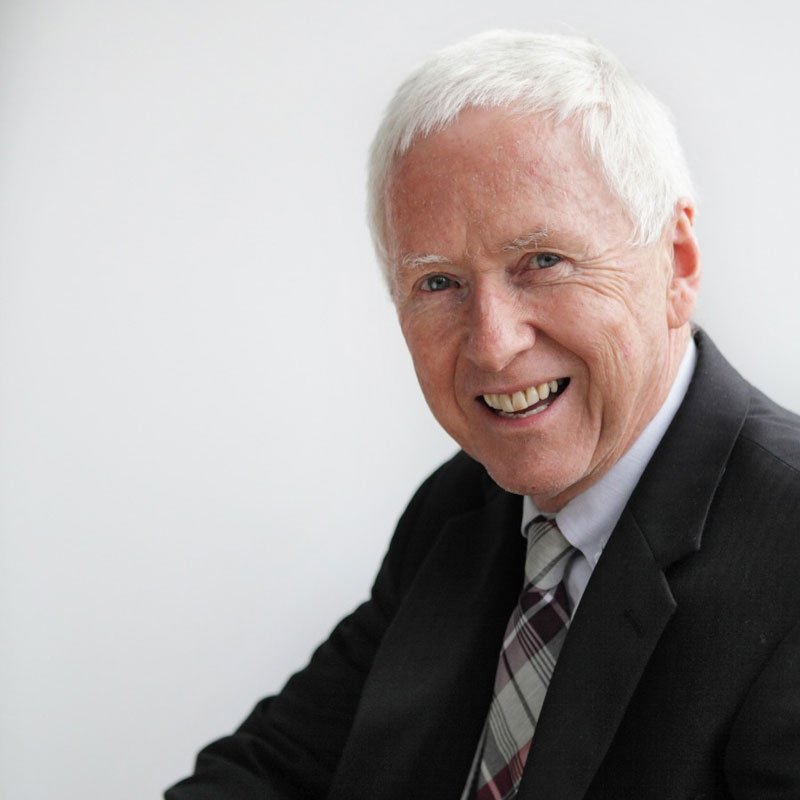At Nevett Ford, we understand that losing a loved one is a difficult and emotional time. It is important that you and your family have the time to grieve for your loss, however there are legal steps that need to be taken at this time.
“I was helped through a difficult estate process by Stephanie and Mei. Both were compassionate and kind, easy to contact and quick with responses to any questions or concerns I had. Their communication was always very clear. Very easy to deal with and great from day one, I really appreciate the assistance they gave me.”
We know that dealing with the task of finalizing someone’s affairs can be confronting and challenging during your grief.
We understand that for a lot of people, this is unfamiliar territory and can be overwhelming. We are able to assist clients throughout this process. Every situation will be different and there are many things that may need attention such as court applications, closure of bank accounts, dealing with superannuation and insurance policies as well as others.
Nevett Ford provide end-to-end estate management which includes:
Application for a Grant of Probate or Letters of Administration,
Identification and collection or transfer of bank account funds, shareholdings and other assets by the deceased,
Identification of superannuation interests including any applicable binding death benefit nominations,
review of applicable insurance policies to ascertain whether death benefits are payable to the estate,
disposing of or dealing with any property held by the deceased,
assistance with any tax liabilities on testamentary distributions,
assistance with any final tax return for the deceased and any prior year tax returns not yet lodged, and
distributing the deceased estate to beneficiaries.
If an estate dispute arises, our experienced estates litigation team is on hand to support and guide you every step of the way.
Some common questions we receive about managing the affairs of deceased loved one.
Who administers the estate when someone passes away?
The person’s estate and wishes are administered by an executor, who is a person appointed by the deceased in his or her Will to administer the estate. This is usually a responsible person in the deceased’s family or a professional.
If the deceased died without a Will, an administrator will administer the estate. An administrator is usually the deceased’s next of kin.
What does an executor or administrator need to do?
As executor has a number of jobs to do in administering an estate. The scope of their duty will depend on a number of factors including:
- whether the deceased had a Will
- their assets – how many and what type?
- their liabilities – to whom?
- their family situation – has everyone been provided for who would expect to be?
Do I have to act as executor if I have been named in the Will?
You do not have a legal obligation to accept the appointment as an executor. If you do not wish to act, you can renounce your executorship and a substitute executor (if named in the Will) will act in your place.
What if the deceased didn’t leave a Will?
The laws of intestacy in Victoria establish the order of priority for potential beneficiaries of an estate. This can be complicated and can be costly, and we would suggest that where someone has died without a valid Will, legal advice be obtained.
What is a Grant of Representation?
A Grant of Representation is a legal document issued by the Supreme Court, which enables the executor or administrator to deal with the estate assets. The Grant is proof that the person named in the Grant is entitled to collect and distribute the estate of the deceased so it can be provided to banks and government institutions etc by the executor or administrator to show that they have the power and right to administer the estate.
It allows the deceased’s money held in banks, managed funds and so forth to be collected, their debts to be paid, and their property to be sold or transferred.
There are different Grants available, the most common being:
- Grant of Probate; and
- Letters of Administration.
Do I need to obtain a Grant of Representation?
If the deceased owned only jointly held assets, then a Grant is usually not required to transfer these assets.
What is Probate?
What is Letters of Administration?
Who applies for Letters of Administration?
Generally it is the deceased’s next of kin who will apply for letters of administration however, the court will usually grant administration to the following next of kin in order of priority:
- the spouse or de facto spouse of the deceased;
- spouse and children;
- children;
- parents;
- brothers and sisters;
- grandparents;
- aunts and uncles; or
- any other person the Court thinks fit.
Is there a time limit for a Grant of Representation to made?
However if more than 3 years from the deceased’s date of death, you will need to provide reasons for the delay in your Application.
What is the process?
There are certain steps an executor or administrator must do when dealing with an estate and an application for a Grant of Representative. These include:
- reviewing the deceased’s final Will (if any);
- ascertaining the deceased’s assets and liabilities as at their date of death;
- determining whether a Grant of Representation is needed;
- If a Grant is required, which type is necessary;
- advertising the intention to apply for a Grant;
- preparing the relevant Application and supporting documents required;
- filing the Application with the Probate Office;
- receiving the Grant and redeeming any assets such as bank accounts, superannuation, etc.;
- finalising any remaining taxation issues; and
- transferring or distributing the estate assets in accordance with the deceased’s Will or intestacy laws.
Where do you advertise?
What is involved after a Grant is received?
Depending on the assets owned by the deceased at the time of death, and what is stated in the Will, this could include closing their bank accounts, obtaining payment of any death benefit payable under a superannuation policy, selling or transferring assets to the beneficiaries, including real estate and shares.
If assets are liquidated, a bank account will have to be opened in the estate’s name, into which any sale proceeds should be deposited, and from which creditors must be paid.
Once the assets have been collected, you will need to ascertain the debts owed by the deceased at the time of death. This includes funeral expenses and income tax. If you have paid for expenses relating to the estate, you are entitled to claim reimbursement.
You must also finalise any tax returns for the deceased, as well as for the estate (if required) and pay any outstanding income tax owing to the Australian Taxation Office.
Once all debts have been paid, you can distribute the assets to the beneficiaries in accordance with the Will (or intestacy rules if there is no Will). It is important to administer the estate accurately, as some family members may be aggrieved if they are not provided for.
As the executor/administrator, you must prepare a report and Statement of Account for the beneficiaries showing details of the assets, proceeds of any sale of assets, and expenses paid.
How long does the process take?
Does an executor get paid?
Any payment to an executor is referred to as a commission and in Victoria, it cannot exceed 5% of the total value of the estate assets.
Who You’ll Work With
Topics We’ve Written About
Life interests v a rights of residence – understanding the difference
Property rights in Australia can be a difficult landscape to navigate and when it comes to estate planning, the terms “life interest” and “right of residency” often surface. While these terms might sound similar concepts, they actually represent different legal...
Probate and Letters of Administration: What’s the difference?
We know that dealing with the task of finalising someone’s affairs can be confronting and challenging and for a lot of people, this is unfamiliar territory and can be a challenging process, compounded by legal terminology that may be unfamiliar. In Victoria, two key...
Understanding the Gift Over Provision in a Will
When creating a Will, one important consideration is ensuring that your assets are distributed according to your wishes, especially if unexpected circumstances arise. When making your Will, you will nominate beneficiaries to inherit your assets upon your death. ...
Understanding the Essentials: What is a Power of Attorney?
A Power of Attorney is a legal document that authorises a person (the attorney) to act on your behalf. Depending on the type of power given, the attorney may be able to make financial, legal, personal and medical decisions for you when you are incapable of doing so....
Understanding the Essentials: What is an executor?
In the administration of a deceased estate, the term ‘executor’ hold significant importance. An executor is a crucial role and is the person authorised and appointed in a Will to administer an estate in accordance with the terms contained in the Will. Often they will...
Understanding the Essentials: What makes a valid Will?
In Victoria the elements of a valid Will are set out in the Wills Act 1997. To ensure that your wishes are honoured after your death, it is crucial that your Will be valid because if it isn’t, your loved ones may incur additionally stress and costs in administering...
If you have been appointed an executor of an estate or have any queries and would like one of our team members to contact you, please complete the below details and we will contact you shortly.












